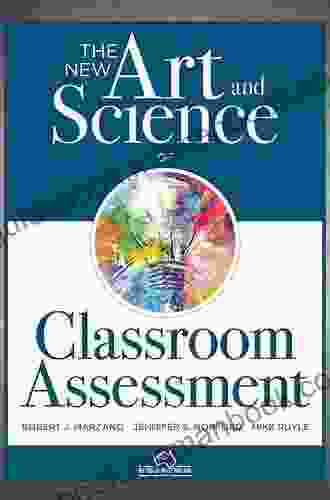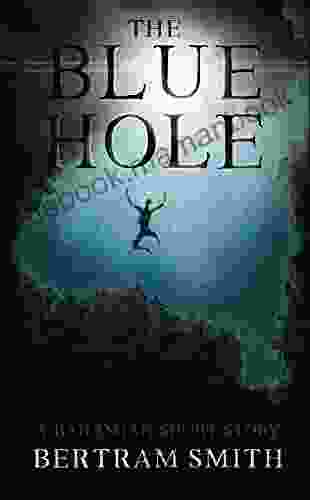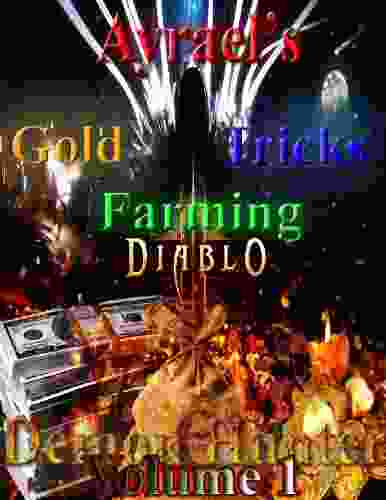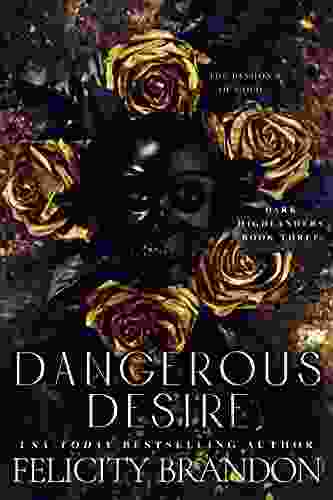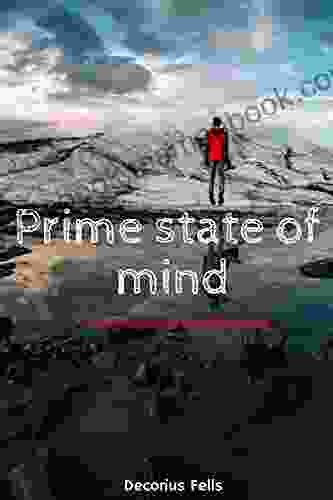The New Art and Science of Classroom Assessment: Empowering Educators

The Dawn of an Assessment Renaissance
The traditional model of classroom assessment, heavily reliant on standardized tests and summative evaluations, has been challenged by a growing chorus of educators and researchers. Recognizing the limitations of one-size-fits-all assessments and the need for a more holistic approach, educators have embarked on an assessment revolution. This revolution is driven by a profound belief in the power of assessment to ignite student learning, foster a sense of agency, and promote equity.
4.3 out of 5
| Language | : | English |
| File size | : | 25714 KB |
| Text-to-Speech | : | Enabled |
| Enhanced typesetting | : | Enabled |
| Word Wise | : | Enabled |
| Print length | : | 152 pages |
| Screen Reader | : | Supported |
Embracing Authentic Assessment
At the heart of the new assessment paradigm lies the concept of authentic assessment. Authentic assessments are designed to measure students' understanding and skills within the context of real-world tasks. They prioritize critical thinking, problem-solving, and creativity, mirroring the challenges and rewards students will encounter beyond the classroom walls.
Examples of authentic assessments include:
- Performance tasks: Students demonstrate their knowledge and skills through hands-on projects, presentations, or experiments.
- Portfolios: Students collect and reflect on their work over time, showcasing their growth and progress.
- Self-directed projects: Students choose and design their own learning experiences, demonstrating their ability to manage their learning.
Leveraging Formative Assessment
Formative assessment, an ongoing process of gathering information about student learning, plays a vital role in the new approach to assessment. Formative assessments provide educators with real-time data on students' understanding, enabling them to adjust instruction and provide timely support.
Techniques for formative assessment include:
- Quizzes: Short, low-stakes assessments that provide immediate feedback on student learning.
- Classroom discussions: Opportunities for students to engage in conversations and share their understanding.
- Exit slips: Brief reflections or summaries that students complete at the end of a lesson.
Harnessing the Power of Technology
Technology has emerged as a powerful ally in the assessment revolution. Educational technology tools provide educators with innovative ways to collect, analyze, and communicate assessment data.
Educational technology can be used for:
- Creating interactive assessments: Online quizzes, simulations, and games engage students and provide valuable feedback.
- Analyzing assessment data: Technology tools provide real-time insights into student learning, enabling educators to identify areas for improvement.
- Communicating assessment results: Technology platforms facilitate the sharing of assessment data with students and parents, fostering transparency and collaboration.
Fostering Inclusive Assessment
The new art and science of assessment places a strong emphasis on inclusivity, ensuring that all students have equitable opportunities to demonstrate their learning. Inclusive assessments recognize and accommodate the diverse needs of learners, providing alternative pathways to success.
Strategies for inclusive assessment include:
- Flexible assessment formats: Providing students with options such as written responses, oral presentations, or demonstrations allows them to choose the most appropriate format for their learning style.
- Universal design: Designing assessments that are accessible to all students, regardless of their learning disabilities or cultural backgrounds.
- Culturally responsive assessment: Creating assessments that reflect the diverse cultures and experiences of students, promoting a sense of belonging and engagement.
Embracing the Journey: Professional Development for Educators
The transition to the new art and science of classroom assessment requires educators to engage in ongoing professional development. Professional learning opportunities empower educators to:
- Develop a deep understanding of the principles and practices of authentic and formative assessment.
- Learn how to design and implement effective assessments that promote student learning.
- Gain proficiency in using educational technology tools to enhance assessment practices.
- Collaborate with colleagues to share ideas and best practices.
Empowering Students through Assessment
The new approach to classroom assessment is not merely about evaluating students but about empowering them. By providing students with opportunities for authentic, self-directed, and inclusive assessment, educators can foster a lifelong love of learning and equip them with the skills they need to navigate the complexities of the 21st century.
The benefits of the new assessment paradigm extend far beyond the classroom. Students who experience authentic, formative, and inclusive assessments:
- Develop a strong sense of self-efficacy and a resilient mindset.
- Become more self-aware and reflective learners.
- Are better prepared for higher education, careers, and civic engagement.
: A Transformation of Education
The new art and science of classroom assessment is a transformative force in education. By embracing authentic, formative, technology-enhanced, and inclusive assessment practices, educators can unleash the full potential of their students. This assessment revolution is not just about changing how we measure learning but about creating a more equitable, engaging, and empowering learning experience for all.
4.3 out of 5
| Language | : | English |
| File size | : | 25714 KB |
| Text-to-Speech | : | Enabled |
| Enhanced typesetting | : | Enabled |
| Word Wise | : | Enabled |
| Print length | : | 152 pages |
| Screen Reader | : | Supported |
Do you want to contribute by writing guest posts on this blog?
Please contact us and send us a resume of previous articles that you have written.
 Top Book
Top Book Novel
Novel Fiction
Fiction Nonfiction
Nonfiction Literature
Literature Paperback
Paperback Hardcover
Hardcover E-book
E-book Audiobook
Audiobook Bestseller
Bestseller Classic
Classic Mystery
Mystery Thriller
Thriller Romance
Romance Fantasy
Fantasy Science Fiction
Science Fiction Biography
Biography Memoir
Memoir Autobiography
Autobiography Poetry
Poetry Drama
Drama Historical Fiction
Historical Fiction Self-help
Self-help Young Adult
Young Adult Childrens Books
Childrens Books Graphic Novel
Graphic Novel Anthology
Anthology Series
Series Encyclopedia
Encyclopedia Reference
Reference Guidebook
Guidebook Textbook
Textbook Workbook
Workbook Journal
Journal Diary
Diary Manuscript
Manuscript Folio
Folio Pulp Fiction
Pulp Fiction Short Stories
Short Stories Fairy Tales
Fairy Tales Fables
Fables Mythology
Mythology Philosophy
Philosophy Religion
Religion Spirituality
Spirituality Essays
Essays Critique
Critique Commentary
Commentary Glossary
Glossary Bibliography
Bibliography Index
Index Table of Contents
Table of Contents Preface
Preface Introduction
Introduction Foreword
Foreword Afterword
Afterword Appendices
Appendices Annotations
Annotations Footnotes
Footnotes Epilogue
Epilogue Prologue
Prologue Melissa Strnad
Melissa Strnad David Stuttard
David Stuttard Daniel Kucan
Daniel Kucan Ben Slotznick
Ben Slotznick Paulo Freire
Paulo Freire Kristie Lynn Higgins
Kristie Lynn Higgins Kennedee Devoe
Kennedee Devoe Steven J Zaloga
Steven J Zaloga Alexa Kang
Alexa Kang Matthew Rief
Matthew Rief Robert Brockway
Robert Brockway Jackie Bonsai
Jackie Bonsai D Brewer
D Brewer Jeremy A Henry
Jeremy A Henry Eric Keegan
Eric Keegan Tanya Markul
Tanya Markul Suzanne Collins
Suzanne Collins Tom Sterling
Tom Sterling Skip Wood
Skip Wood Johnny Molloy
Johnny Molloy
Light bulbAdvertise smarter! Our strategic ad space ensures maximum exposure. Reserve your spot today!
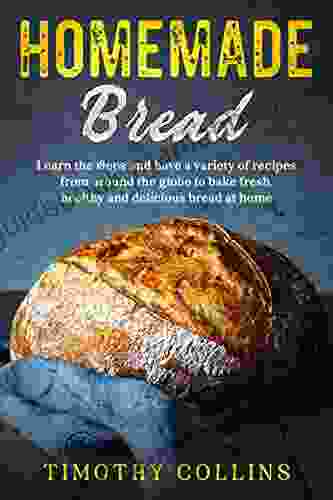
 Floyd RichardsonLearn the Steps and Explore a Variety of Recipes from Around the Globe to...
Floyd RichardsonLearn the Steps and Explore a Variety of Recipes from Around the Globe to...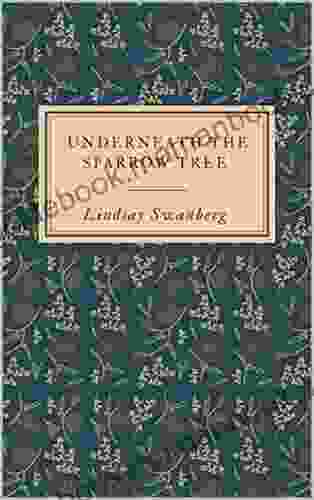
 Jimmy ButlerExploring the Enchanting Realm of 'Underneath the Sparrow Tree' by Marga Ruth...
Jimmy ButlerExploring the Enchanting Realm of 'Underneath the Sparrow Tree' by Marga Ruth... William GoldingFollow ·9.6k
William GoldingFollow ·9.6k Rodney ParkerFollow ·12.5k
Rodney ParkerFollow ·12.5k Yasunari KawabataFollow ·9k
Yasunari KawabataFollow ·9k Jerry HayesFollow ·16.3k
Jerry HayesFollow ·16.3k Ralph EllisonFollow ·9.4k
Ralph EllisonFollow ·9.4k Octavio PazFollow ·12.4k
Octavio PazFollow ·12.4k Roald DahlFollow ·17.1k
Roald DahlFollow ·17.1k Earl WilliamsFollow ·3.4k
Earl WilliamsFollow ·3.4k
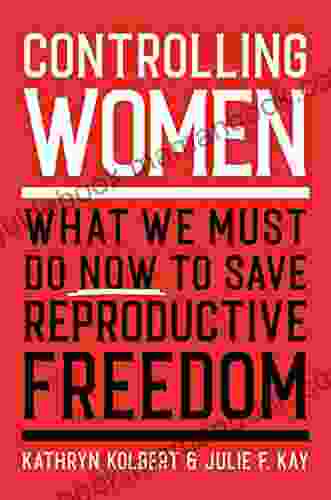
 Leslie Carter
Leslie CarterWhat We Must Do Now To Save Reproductive Freedom
Roe v. Wade, the landmark...
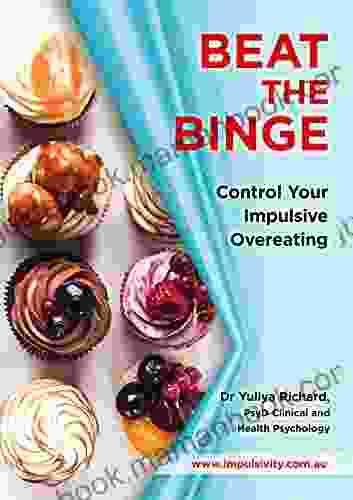
 Cade Simmons
Cade SimmonsThe Unbreakable Bond: Unveiling the Connection Between...
In the realm of...
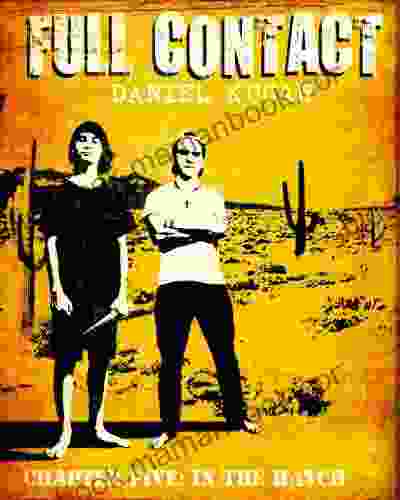
 Roy Bell
Roy BellFull Contact Chapter Five: The Final Chapter of the Hatch...
In this gripping to the Hatch saga, we...
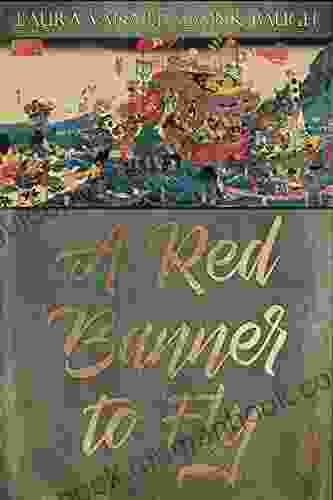
 Fred Foster
Fred FosterUnveiling the Tale of the Genpei Wars: A Comprehensive...
Deep within the annals of Japanese history,...
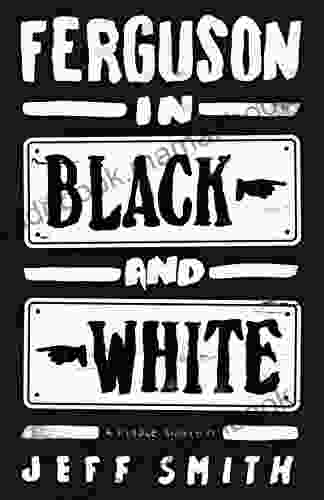
 Jaden Cox
Jaden CoxFerguson in Black and White: A Profound Examination of...
The Ferguson tragedy, sparked by the fatal...
4.3 out of 5
| Language | : | English |
| File size | : | 25714 KB |
| Text-to-Speech | : | Enabled |
| Enhanced typesetting | : | Enabled |
| Word Wise | : | Enabled |
| Print length | : | 152 pages |
| Screen Reader | : | Supported |


